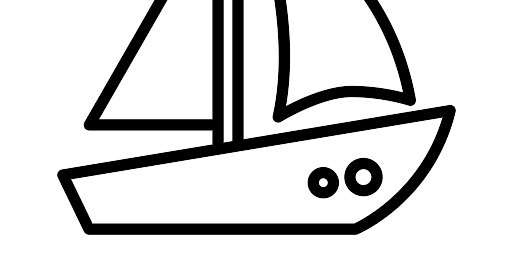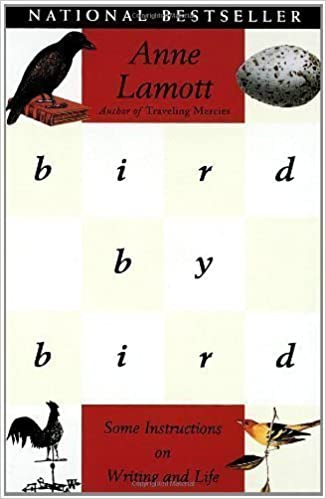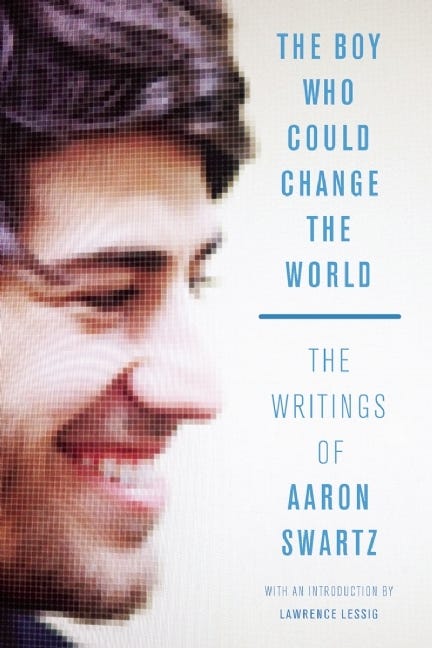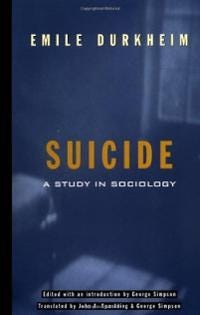Do Androids Dream of Electric Sheep? - Philip K. Dick
In an inverted way, it wasn’t this novel that alone earned its place on the list, but the universe in which it lives and the subsequent Blade Runner films. Do Androids Dream of Electric Sheep? is a funny, fast-paced sci-fi novel that raises heady questions of sentience and consciousness among humans and artificial intelligence, and the supposed sanctity of the human condition. We like to put ourselves on a pedestal, to play games of hierarchy and “prove” why our lived experience is superior. I found this story—particularly the film renditions and their ability to visually convey human emotions—to be empathically forceful. Questions of What does it mean to experience reality? and Does consciousness lead to experience, or vice versa? softened me toward the possible manifestations of life and lived experience.
East of Eden - John Steinbeck
The only re-read on this list, East of Eden is my favorite novel of all time. Reading for a second time—aided by many conversations with my dear friend Hunter Levy at Ammuddo—the binary concept of free will vs. determinism evolved into a more nuanced interplay: while much of life is socially constructed and out of our control, there are significant shaping moments in which we must make moral decisions. Over the course of one’s life these decisions make us who we are and, for some, leave behind a legacy of immortality, whether for good or ill.
The process of reading and talking about a thought-provoking book one-on-one with a friend—fundamentally different from a book club—is something I hope to do more often. Not only does the other bring about eye-opening insights you may not have considered, but it teaches you about one another in a manner not accustomed to day-to-day friendship. The specific book matters less than the intentional act together.
Bird by Bird - Anne Lamott
A lot of books and pieces of advice on writing give lofty, romantic accounts of what famous writers’ routines look like. More often than not, these descriptions only succeed in showing me what I’m not. In a refreshing shift, Anne Lamott gave me a sense of pride and contentment in the stumbling, anxiety-ridden existence of being a hobbyist writer. This book encouraged me to reminisce on and write about childhood memories, experiences we risk losing entirely if not recorded in some manner; one of these exercises became a personal favorite newsletter of mine, School Lunch. Bird by Bird is funny, insightful, and real, and I highly recommend it to anyone curious about or actively pursuing a life of writing.
The Boy Who Could Change the World - Aaron Swartz
Aaron Swartz, an early developer of Reddit and Creative Commons, died for his belief in open access to data and knowledge. This book, and the documentary The Internet’s Own Boy, illustrates Aaron’s guerrilla internet philosophies and tactics, culminating in the United States v. Aaron Swartz case and Aaron’s tragic suicide. The Boy Who Could Change the World is a collection of blog essay written by Aaron throughout his teenage years and early 20s, describing a vast range of radical ideas. It will make you question the status quo, and also teach you how we got here today and who stands to lose should things change.
The Left Hand of Darkness - Ursula K. Le Guin
This novel introduced me to the universe of Ursula Le Guin and the radically progressive sci fi ideas she was writing about as a female author in the 1960s. The protagonist encounters the androgynous Gethenians, a group of people who only develop female or male biology during a specific phase of their twenty-six-day lunar cycle. To the Gethenians, sex and gender are largely irrelevant, a notion completely foreign to the white-male dominated genre of science fiction. In Gethen society, love between individuals is born out of two individual’s differences, and the empathy to understand and accept the vulnerabilities of one another.
How Beautiful We Were - Imbolo Mbue
We’re told innovation, discovery, and a global “free market” economy result in “a rising tide that lifts all boats.” There is something to be said about the power of financial capital to alleviate suffering or solve a specific problem, but an unchecked rising tide also drowns. The White Man, wielder of capital, kills individuals and eradicates culture everywhere he goes—but does he also destroy through his genuine attempts to help? How Beautiful We Were left this question aching in my mind, contemplating the inherent supremacy we place on our values and the rubble we leave in our wake.
Suicide: A Study in Sociology - Emile Durkheim
Durkheim wrote this in 1897, in part as a defense of sociology as a developing discipline, to show what can be gleaned from societal, macro-level analysis rather than from individual-level psychological approaches. For what else is seemingly so individual in nature than taking one's own life? Durkheim’s novel statistical methods illustrated how suicide was predictably higher in certain demographic groups than others. The findings are less than surprising today, but at the time they were a groundbreaking explanation of the protective or harmful nature of various social institutions.
Like much older writing, this book was unnecessary dense and is probably the only item in this list that I don’t recommend. Yet, with a background in psychology, and having generally viewed the world through the lens of individual choice and responsibility for much of my life, I found this foundational sociology text to be extremely empathetic: if something as individualized as suicide is largely out of our control, placed upon our lives by external societal forces, what does that say about other life circumstances?
Even deeper than the statistics, I was enraptured by Durkheim’s radical claim that society is a sui generis (of it’s own kind) reality, greater than the sum of its individual parts. We influence society and, in return, society influences and guides us. To Durkheim, this idea and recognition of the sui generis collective might be considered religion—belief in something larger than ourselves. As our society has moved away from concern for the collective, toward a more individualized notion of existence, we’ve reduced our experience and erased the sacred from everyday life.
Jayber Crow - Wendell Berry
As Wendell Berry writes at one point in this novel, “this is a book about Heaven”, but an approximation of Heaven which brings freshness after all the societal preconceptions we’ve ascribed to it and its broader biblical story. To Jayber—and I believe to Berry himself—religion or a feeling of “something greater” does not miraculously reveal itself from the heavens or the pages of a fought-over book, but from ‘living in the world itself,’ from principles & values that guide one’s life, and from the people and community in which one lives. This novel energized my curious soul in a way I haven’t felt since undergrad college, and of which I wasn’t sure would ever return. Wendell Berry became my favorite writer from this single book, and I am both intimidated and endlessly grateful to know I have a lifetime left of reading his works.
Braiding Sweetgrass: Indigenous Wisdom, Scientific Knowledge, and the Teachings of Plants - Robin Wall Kimmerer
A recurring thought from reading this book is Wall's openness to what a white American might see as beliefs or practices off limits to them. Ceremonies, rituals, and ways of seeing the natural world—as animate, living beings with gifts to share with humans—are available to us all regardless of background. It is the intention that matters, and if the intention is pure, it has the ability to heal our society. Reciprocity and gifts lie at the center of Wall’s teachings and provide a beautiful ideal toward which to strive.
My feelings of despair toward our climate future were lessened from this book, as it helped me see that Mother Earth has not been irrevocably damaged, as much as has our relationship with her and our collective conscience. The natural world will always return, but we may or may not be around to see it flourish once again. For the first time, that felt like an OK outcome.
The Remains of the Day - Kazuo Ishiguro
This book is an enigma. I’ve never felt so engrossed by the psychology of a cold, robotic character so clearly distorted and biased in their narcissistic thinking. Stevens is a servant in a distinguished manor, striving for ‘a dignity in keeping with his position' — to be among the utmost echelon of English butlery. Presumably resulting from his blind dedication to service, Stevens seems to lose sense of his own Self, and with it his ability to connect humanely with others.
The story touches on themes of dignity, social class, and the will of The People vs the will of The Elite. It left me pondering the civic responsibility of the common person and who is meant to influence the course of history. Best book of the year and one everyone should read in their life.
“Perhaps it is indeed time I began to look at this whole matter of bantering more enthusiastically. After all, when one thinks about it, it is not such a foolish thing to indulge in - particularly if it is the case that in bantering lies the key to human warmth.”













